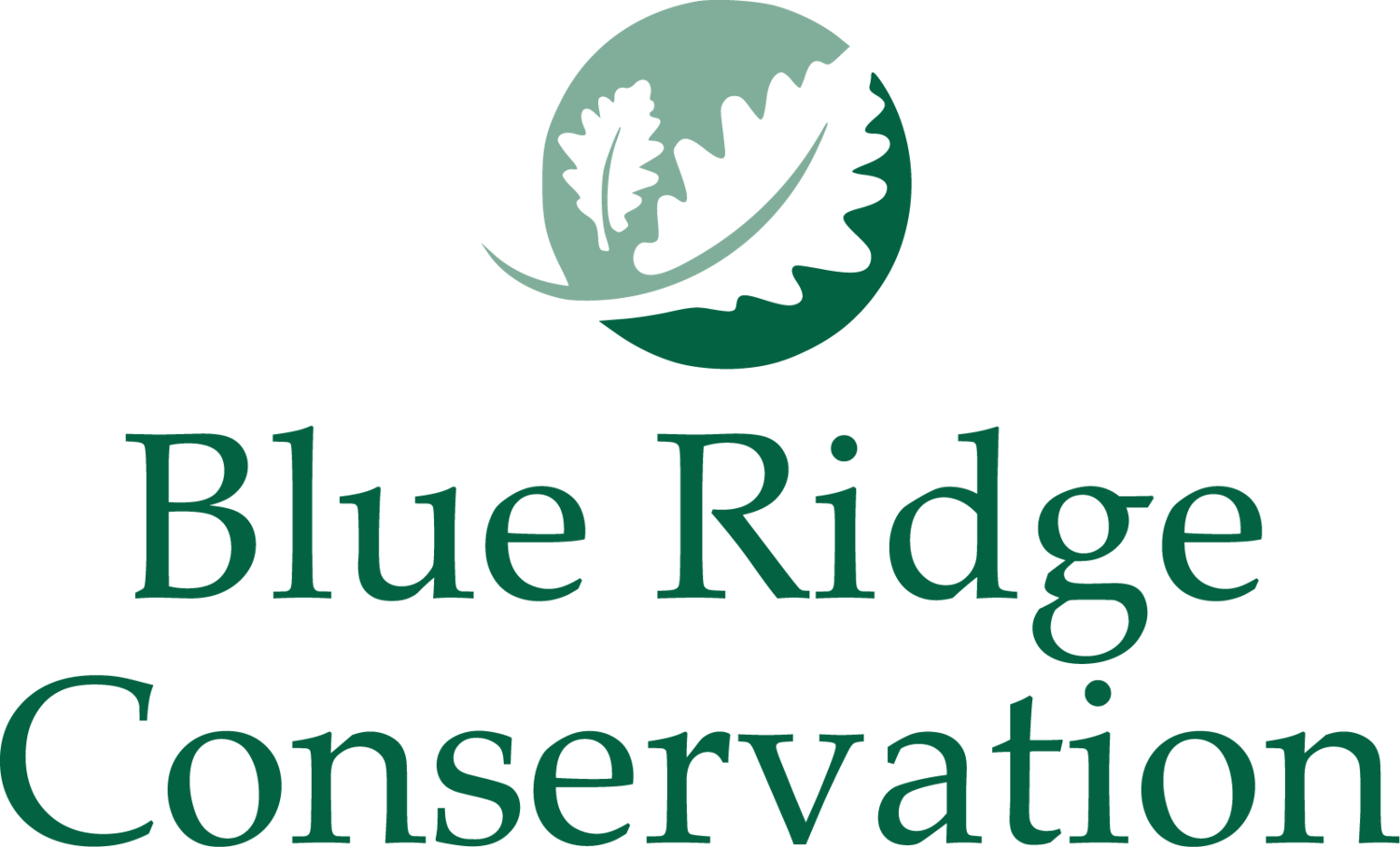
Central Virginia Garden Certification Program

Native Plants
Be sure to purchase safe native plants, shrubs and trees! It is important to avoid plants grown with pesticides. Some plants are grown from chemically altered seeds, making them toxic to pollinators. Please be sure you buy the actual variety listed and not a cultivar or “nativar” as they do not provide the same benefit to pollinators. Download the list of plants and click on the links to learn more about the native plants.
Lynchburg’s Garden Certification Program was developed through Blue Ridge Conservation and their mission to education the community about pollinators. The program begins at home with each person contributing through their own yards. The results can not only be community changing but world changing.
Gratitude goes to pollinator programs throughout the continent that have inspired our program, with special thanks to Asheville Greenworks.


